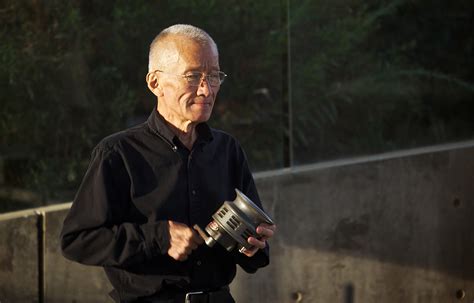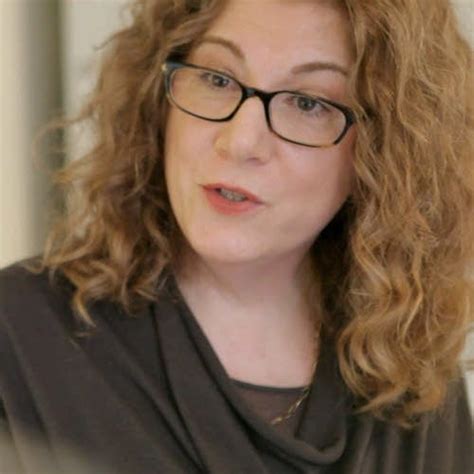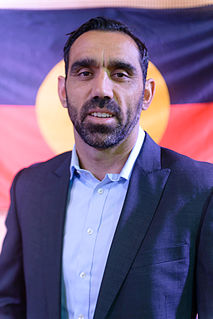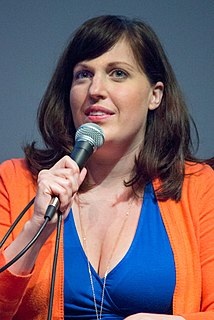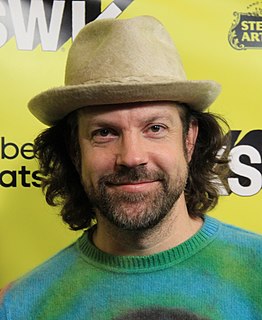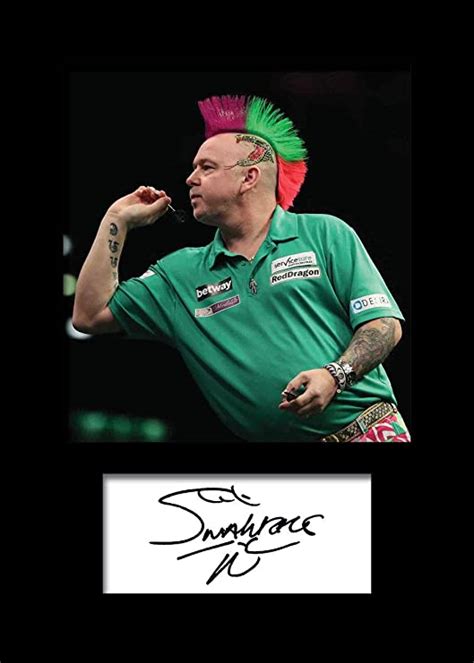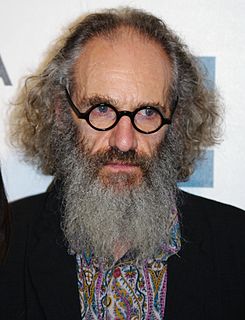A Quote by Matt Besser
When I came to Chicago, I didn't even know what improvisation meant, as far as pertaining to comedy. I knew about Second City, but I didn't know what the word 'improvisation' meant.
Related Quotes
When I was in college my improvisation troupe and I did a road trip to Chicago, and went to The Second City to see the classic 'Paradigm Lost' revue - with Tina Fey, Rachel Dratch, Scott Adsit and Kevin Dorff. It blew my mind, and proved to me you can do sketch comedy like you're doing 'Long Day's Journey into Night.' We could treat it like theater.
You'd better have faith that everything happens for the best. Nothing happens in your life that isn't something that you are meant to learn to get you where you need to go so you can become who you are meant to be. And that meant-to-be might be someone you don't even know exists at this moment in time.
I would make a huge distinction between theater improvisation and film improvisation. There isn't much improvisation in film - there's virtually none. The people that theoretically could be good at this in a theater situation don't necessarily do this in a film in a way that will work, because it's much broader on a stage. But in a movie, it has to be real, and the characters have to look entirely real because it's being done as a faux documentary, so there are even fewer actors that can do that on film.
I don't want anybody to be under a misunderstanding. Donald Trump never even said the word "assassination." That was the word used by Hillary Clinton in 2008, which CNN is calling a gaffe. (impression) "But Trump meant it! Yeah, Trump, he meant it." With Hillary, "It was a gaffe! We all know Hillary Clinton, and we all know Hillary Clinton didn't really mean what she said." Yeah, right. Double standards.

